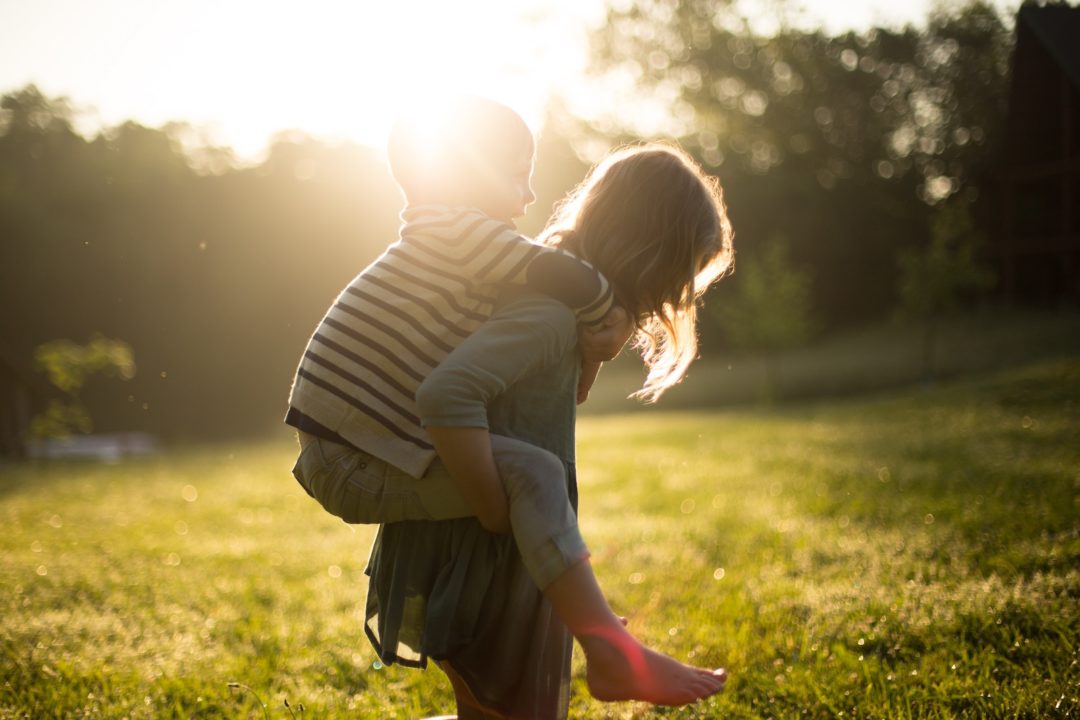I have been thinking about ACEs lately. Not the 4-of-a-kind, win-big-in-poker aces, but those pesky Adverse Childhood Experiences ACEs. As the opioid epidemic in our communities brings death and misery to our families, we have amassed resources in response. Adult recovery agencies and hospitals provide medical withdrawal and ongoing support for recovery. Law enforcement, hospital emergency departments and recovery services create coordinated plans for immediate outreach to overdose victims. Naloxone has been distributed far and wide to reverse the effects of overdose. Slowly, the number of deaths by caused by opioids in our area are stabilizing and even receding.
But what about the children? One parental overdose can cause a cavalcade of problems for children. The pivotal 1990’s CDC-Kaiser Permanente Adverse Childhood Experiences study showed strong correlations between childhood trauma and development of risk factors for disease throughout life. Children presented for assessment at our outpatient mental health clinic tell their stories of ACEs: a parent using drugs brings chaos and abuse into the family, spirals out of control into overdose, jail or death and the children and their caregivers are left to pick up the pieces. Treatment needs to include caregivers as well as the children affected by such loss and trauma. Here are some important issues to consider when working with families affected by the opioid epidemic:
- Assessment for trauma is a family affair. The effects of trauma reverberate throughout the family. Just when children are most vulnerable and need the most support of extended family, their caregivers may find themselves depleted of the ability to regulate and promote emotional safety. When children are the identified client, we need to explore deeper than the child’s behaviors to assess for the adults’ functioning and trauma reactions as well. The National Child Traumatic Stress Network has a helpful tip sheet on family trauma assessment at https://www.nctsn.org/resources/family-trauma-assessment-tips-clinicians.
- Psychoeducation about trauma is needed for all family members. Normalizing trauma reactions can relieve the worries shared by children and their caregivers. Adults worry that there is something really wrong with children when they act out in aggression, tantrums and defiance. Giving them a trauma informed lens that asks the question “What has happened to you?” moves the focus from pathology to compassion. I teach children and their adults about their amazing brains and the role of the amygdala in keeping them alive. An easy and engaging description of how trauma affects the brain and behavior comes from Dr. Daniel Siegel – The Brain in the Palm of Your Hand. This YouTube video offers a great explanation of this model. https://www.youtube.com/watch?v=06FUN9vH21k
- Everybody needs self-regulation! Play activities that help families recognize their feelings, stop their bodies and get calmed down are essential in helping families move into well-being. These skills may not come naturally to families. I engage young children with a scripted story Tucker Turtle Takes Time to Tuck and Think that tells the tale of a turtle that feels angry and out of control sometimes. A calm down area in the home – a retreat with a soft pillow, a special blanket, Tucker Turtle poster, coloring materials – can promote self-regulation for all family members. The Center on the Social and Emotional Foundations for Early Learning has many free resources, including Tucker Turtle’s story and feeling face cards. http://csefel.vanderbilt.edu/resources/strategies.html.
- Reach the Amygdala to increase feelings of safety. Continued trauma places our systems on high alert, leading to difficult behaviors of hyper-vigilance. Caregivers need to understand that safety is more than providing housing, food, and clothing. The amygdala needs to recognize safety on a sensory level. Explore the sights, sound, smells and touches of safety with both the children and adults in the family. Recalling times of safety using a guided meditation is a great first start. Be creative in developing new experiences of safety for children. One foster mother I know helped each foster child chose their “Magic Spray” from the fragrances aisle of the drug store. She would spritz them as they shared happy moments of snuggling and attachment. Later, when the child was struggling with emotions, the child could use the “Magic Spray” to calm themselves. What a powerful use of a sensory intervention to promote peace!
The addiction and recovery issues facing our nation will not be solved easily. But there is great hope! Early intervention for youth experiencing such adverse childhood experiences as abuse, neglect, parental drug addiction, incarceration and death can move children from victim to survivor to thriver. We need to include their adult caregivers in treatment to ensure they get there!


